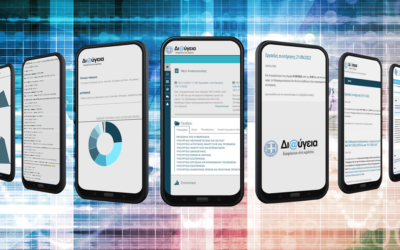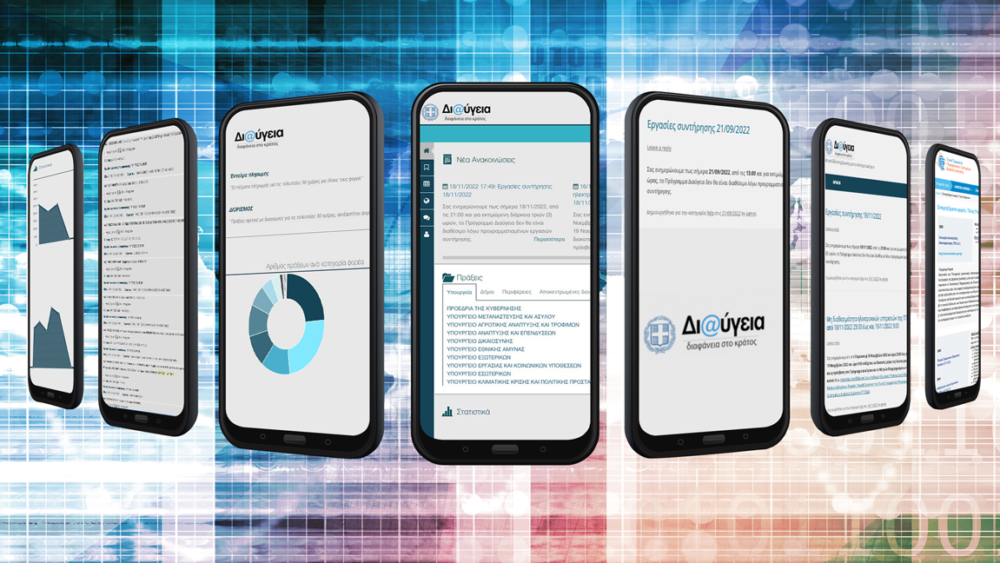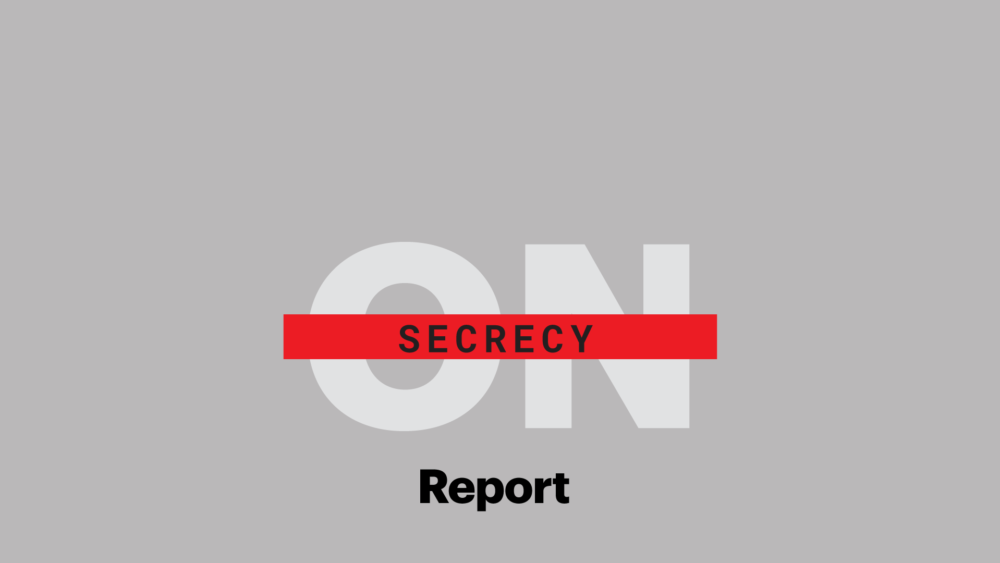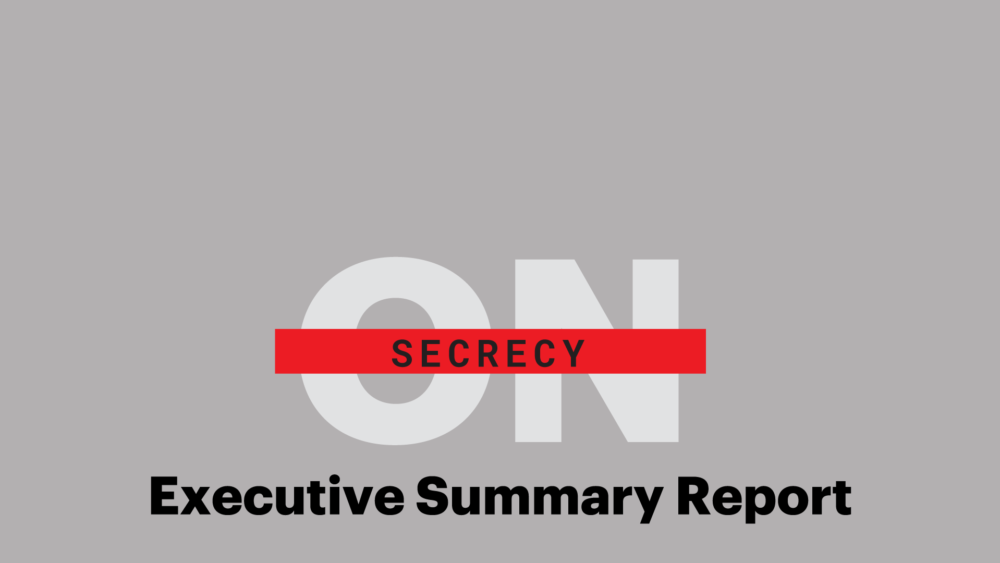
The Transparency Program as an act of open governance of an international level
The Transparency Program as an act of open governance of an international level
Diavgeia along with opengov.gr are the most prominent openness initiatives, besides the 24 major Information and Communication Technologies (ICT) projects, which were introduced by the Panhellenic Socialist Party (PASOK) administration under Prime Minister George A. Papandreou in November 2009.
The basic elements of all these projects were formulated by a committee established by a decision of the former President of PASOK, George A. Papandreou, on 19 March 2009, with the aim of developing a strategy and actions for e-Government. The committee, with Christos Bouras, Professor at the University of Patras, as coordinator, was composed of Avgerou Chrysanthi, Professor at the London School of Economics, Karounos Theodoros, Advisor to the President of PASOK, Mitrou Lillian, Assistant Professor at the University of the Aegean, Michail Bletsas, Researcher at the MIT-Media Lab, Christos Nikolaos, Professor at the University of Crete, Angeliki Poulimenakou, Associate Professor at the Athens University of Economics and Business and Spinnellis Diomidis, Professor at the Athens University of Economics and Business. The Committee published its proposal on e-Government and Information & Communication Technologies in September 2009, under the summary title “Digital Engagement”.
The central focus of the Commission’s proposals was a new model of open governance with citizens as active and co-determining policy makers.
The “Digital Engagement” referred to actions and initiatives across the spectrum of Administration, Society and the Economy, through a comprehensive national plan that includes the State’s adaptation to the challenges of the digital era and the redefinition of the country’s development policy. Policies were proposed that would reinforce transparency, accountability, efficiency and administrative assistance for citizens in all their activities, participation and deliberation that determine our choices for the use of ICT in public administration. The Committee’s proposals were designed to serve these objectives, but also to reduce waste of financial and human resources, corruption and bureaucracy.
On the occasion of the then Prime Minister’s address at the 11th Annual GREEK ICT FORUM, the PASOK administration’s policy framework for open e-government was formulated, and… immediately afterwards, the undermining of the “Digital Engagement” began. This was done directly and indirectly, with press articles mainly against the implementation of open software, and the whole campaign was orchestrated by teamed actors representing companies that imported and distributed software developed by multinational companies. Said companies did not wish to modify their business model and switch from importing, marketing and developing applications with these software, to using open source software solutions, even though such a move would improve the employment of skilled personnel in the Greek IT market, thus reinforcing it on an international level. Hence, a decade was lost! Nowadays, more and more companies are adopting open source software solutions.
In this context, the OpenGov task force (egovict.blogspot.com/) was formed before the October 4, 2009 elections. The task force’s members (all of us activists from the open software community) found ourselves at the official seat of the Prime Minister, the Maximos Mansion, the day after the elections. Indeed, on the basis of the “Digital Engagement”, the OpenGov task force had in fact been operating within the framework of the PASOK Internet volunteers since the beginning of 2009 – very serious groundwork had been done such as the shaping of ideas such as opengov, the Transparency Program and portal, e-Prescription, the Central Electronic Public Procurement Registry (KIMDIS) under the name “market” and many others that followed. The rest of the projects did not follow the principles of openness because of the government changes in 2011 and the loss of political will at the level of the Minister and the Prime Minister.
The team that worked in the office of the former Prime Minister was coordinated by Professor Christos Bouras, today Rector of the University of Patras, Thanasis Priftis, today Director of Ynternet.org and Researcher at the University of Applied Sciences in Switzerland and the author. The three of us started working together in 2005 when I became head of the Internet Technologies Department of PASOK, which we had staffed with open software activists through open calls, as we always recruited the most competent candidates. The main members of the team were S. Athanasiou, Th. Deligiannis, Th. Zamani, A. Melidis, G. Karamanolis, S. Katsoulis, P. Kranidiotis, P. Tsiavos, X. Papadopoulos, F. Routsis and M. Psalidas. Lilian Mitrou was responsible for drafting the Transparency Program Law (Diavgeia), while Vasiliki Dalakou also contributed to the drafting of the relevant legislation. Nancy Routzouni was in charge of the teams in each ministry that implemented Diavgeia.
Diavgeia was one of the most successful projects of the opengov task force because it was designed right from the start with open standards, open software and provided open data. It had the following innovations:
1) It was designed and implemented based on the basic principles of openness (collaborative design with open standards, open software and open data),
2) Acts were not enforceable unless they were uploaded on the Transparency portal,
3) Each act was given a unique number, the IUN (Internet Uploading Number), when it was uploaded on the Transparency portal,
4 ) It was supported by an operational plan for the implementation of the Transparency Law, which was prepared by George Karamanolis and Nancy Routzouni and was successfully carried out. As a team we also developed an operational plan for the implementation of the eGovernment Law (3979) but it was not realised due to the government changes in 2011.
Many of the known problems of that period would have been mitigated if our proposal to implement a platform similar to the Transparency portal for classified acts with restricted access had been adopted.
The Transparency Program wouldn’t have been realised did it not have the support of the former Prime Minister, George A. Papandreou (he had first formulated the initial idea behind this specific project in a conference on public administration in 2005, in Thessaloniki), as well as that of the then Minister of Interior, Decentralization and e-Government, Giannis Ragousis and the Administrative Reform Secretary General, Dimitris Stefanou.
The success of the opengov team is also due to the technical-financial support provided by the National Infrastructures for Research and Technology (grnet.gr), coordinated by its then vice-president, and now Dean of the School of Electrical and Computer Engineering at the National Technical University of Athens, Professor Nectarios Koziris. It is important to note that, after the handover to the Antonis Samaras’ administration, Panagiotis Kranidiotis continued to provide technical support to Diavgeia until 2014, when the project of the Information Society SA, implemented by OTS, started to operate. If only the tendering process had started in the spring of 2010, without simultaneously initiating the initial implementation of Diavgeia by using existing infrastructure and human resources, there would have been no Transparency portal until 2014. It would just be a… prototype of a romantic idea, and not millions of publicised acts of thousands of institutions, bodies and entities.
The same principles that were followed in the case of Diavgeia – with minor differences – also applied when it came to the design and implementation of gov.gr by grnet.gr, with the NTUA professor and Dean of the School of Electrical and Computer Engineering, Nectarios Koziris as its main instigator.
How can Diavgeia be upgraded
Diavgeia (https://diavgeia.gov.gr) opened a window through which citizens could access public sector acts and decisions and therefore was a very important step for Greece in 2010, which placed it among the 8 countries worldwide that had active transparency policies. The UK followed suit, with a more radical transparency measure in 2012: it started to publish the details of subcontractors of all companies that undertook public sector projects, so that there is transparency about where the money goes for each project commissioned by the public sector.
In the 12 years since then, Diavgeia has contributed to increasing transparency, but it still has much to achieve in terms of responsible governance, accountability and public participation. Unfortunately, after the initial planning, no resources were allocated to the collaborative redesign and upgrading of the Transparency Portal.
The redesign should be carried out through a series of innovative collaborative actions involving all those with an interest in the subject of Transparency, such as active citizens, businesses, auditing authorities, collective bodies, journalists and researchers. The biggest challenges in order to do this are: the transition of Diavgeia from a document-centric model to a data-centric one, so that the data set of every act uploaded on Diavgeia is machine-readable, as well as the extension of its scope to include documents such as studies, memos and recommendations, which lead to the adoption of other acts and decision-making.
Diavgeia can also be a hub for formulating proposals to improve the way the public sector operates.





